
0
+
Google Reviews

0
+
4.8 (2097 Ratings)
Earning the Docker Certified Associate (DCA), Certified Kubernetes Administrator (CKA), and Certified Kubernetes Application Developer (CKAD) certifications together demonstrates comprehensive expertise in containerization and Kubernetes technologies. The combination of these certifications demonstrates a high level of competence in containerization and Kubernetes technologies, making individuals equipped to excel in a variety of roles within cloud-native and DevOps projects.


Curriculum Designed by Experts
Content may include the following:
d DTR
5%-Scheduling
5%-Logging/Monitoring
8%-Application Lifecycle Management
12%-Security
7%-Storage
10%-Troubleshooting
19%-Core Concepts
11%-Networking
12%-Installation,Configuration &Validation
Certified Kubernetes Application Developer(CKAD) ExamCurriculum v1.13.0
This document provides the curriculum outline of the Knowledge,Skills and Abilities that
a Certified Kubernetes Application Developer (CKAD) can be expected to demonstrate.
13%-Core Concepts
18%-Configuration
10% Multi-Container Pods
18%-Observability
20%-PodDesign
13%-Services&Networking
8%-State Persistence
Docker and Kubernetes skills are in high demand in the job market. Enrolling in a Docker and Kubernetes course can enhance your career prospects and open up opportunities in roles such as DevOps Engineer, Site Reliability Engineer, Cloud Engineer, and Containerization Specialist.
Docker and Kubernetes are key components of modern DevOps practices. Enabling developers to build, test, and deploy applications using containers accelerates the software development lifecycle and promotes collaboration between development and operations teams.
Kubernetes is the de facto standard for container orchestration, providing automated scaling, deployment, and management of containerized applications. By learning Kubernetes, you can efficiently manage and scale your containerized workloads, ensuring high availability and reliability.
A Docker and Kubernetes course typically includes hands-on labs and projects that allow you to gain practical experience in using these technologies. By working on real-world scenarios and use cases, you can build confidence and proficiency in Docker and Kubernetes concepts and practices.
Docker and Kubernetes are foundational technologies for cloud-native development. They enable organizations to build and deploy cloud-native applications that are resilient, scalable, and optimized for the cloud environment.
Docker and Kubernetes have revolutionized the way applications are built, shipped, and deployed. Understanding these technologies is essential for staying competitive in the rapidly evolving field of software development and deployment.
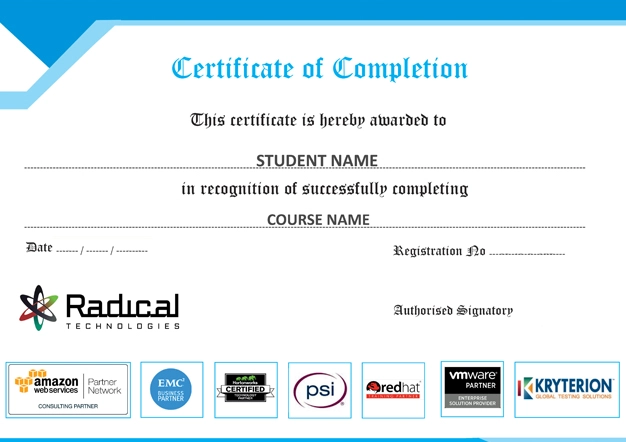
Weekday
07:30 PM TO 08:00 PM IST (GMT +5:30)


At Radical Technologies, we are committed to your success beyond the classroom. Our 100% Job Assistance program ensures that you are not only equipped with industry-relevant skills but also guided through the job placement process. With personalized resume building, interview preparation, and access to our extensive network of hiring partners, we help you take the next step confidently into your IT career. Join us and let your journey to a successful future begin with the right support.
At Radical Technologies, we ensure you’re ready to shine in any interview. Our comprehensive Interview Preparation program includes mock interviews, expert feedback, and tailored coaching sessions to build your confidence. Learn how to effectively communicate your skills, handle technical questions, and make a lasting impression on potential employers. With our guidance, you’ll walk into your interviews prepared and poised for success.
At Radical Technologies, we believe that a strong professional profile is key to standing out in the competitive IT industry. Our Profile Building services are designed to highlight your unique skills and experiences, crafting a resume and LinkedIn profile that resonate with employers. From tailored advice on showcasing your strengths to tips on optimizing your online presence, we provide the tools you need to make a lasting impression. Let us help you build a profile that opens doors to your dream career.

Infrastructure Provisioning
Implementing automated infrastructure provisioning and configuration management using Ansible. This may include setting up servers, networking devices, and other infrastructure components using playbooks and roles.

Applications Deployment
Automating the deployment and orchestration of applications across development, testing, and production environments. This could involve deploying web servers, databases. middleware, and other application components using Ansible

Continuous Integration
Integrating Ansible into CI/CD pipelines to automate software. build, test, and deployment processes. This may include automating the creation of build artifacts, running tests, and deploying applications to various environments.

The Docker and Kubernetes Training at Radical Technologies in Bangalore exceeded my expectations. The hands-on approach and expert instructors made the Docker and Kubernetes Certification achievable and enjoyable.
I recently completed the Docker and Kubernetes Certification Course at Radical Technologies in Bangalore, and it was transformative. The Kubernetes Training in Bangalore provided me with practical skills that I could immediately apply to my job.
Radical Technologies offers the best Docker and Kubernetes Training in Bangalore. The Docker Certification was thorough, and the support from the trainers was exceptional throughout the Docker Kubernetes Training.
The Docker and Kubernetes Classroom Training at Radical Technologies in Bangalore is unparalleled. The real-world examples and in-depth Kubernetes Course made the learning process seamless and effective.
Completing the Docker and Kubernetes Training And Certification at Radical Technologies in Bangalore has been a career-defining moment for me. The course content and delivery were top-notch, and the Docker Kubernetes Certification has opened new opportunities for me.
The Docker And Kubernetes Online Training provided by Radical Technologies in Bangalore was incredibly comprehensive. Even though I opted for the online mode, the Docker Kubernetes Certification Course was well-structured and interactive.
Radical Technologies in Bangalore offers the best Kubernetes Course I’ve ever attended. The Kubernetes Training Bangalore was detailed and well-paced, allowing me to grasp complex concepts with ease.
If you’re looking for Docker Training In Bangalore, Radical Technologies is the place to go. The Docker Course Certification is industry-recognized, and the practical approach taken by the instructors is very effective.
The Kubernetes Online Course at Radical Technologies is the best investment I’ve made in my career. The flexibility of the Kubernetes Training Online allowed me to learn at my own pace while still gaining a deep understanding of the subject.
I highly recommend Radical Technologies for anyone seeking Docker And Kubernetes Training In Bangalore. The Docker Kubernetes Course is comprehensive, and the instructors are experts in their fields.
The Docker Training Online provided by Radical Technologies is excellent. The Docker Certification Course was challenging but rewarding, and the support from the trainers made it achievable.
Radical Technologies in Bangalore offers the best Docker Training I’ve experienced. The Docker And Kubernetes Certification was thorough, and the hands-on labs were extremely beneficial.
I completed the Kubernetes And Docker Certification at Radical Technologies in Bangalore, and it has been a game-changer for my career. The course was well-structured, and the trainers were very knowledgeable.
The Certification On Docker And Kubernetes at Radical Technologies in Bangalore is a must for anyone looking to advance their DevOps career. The Docker Kubernetes Certification In Bangalore provided me with the skills I needed to excel in my job.
The Best Kubernetes Training I’ve found is at Radical Technologies in Bangalore. The Docker With Kubernetes Training was engaging, and the practical sessions were particularly helpful in understanding real-world applications.
Radical Technologies offers the best Docker and Kubernetes Training In Bangalore. The Docker And Kubernetes Certification was well-organized, and the instructors were always available to help with any questions.
I enrolled in the Docker And Kubernetes Certification Course at Radical Technologies in Bangalore and couldn’t be happier with my decision. The course was comprehensive, and the Kubernetes Training was exceptional.
The Docker Kubernetes Course In Bangalore at Radical Technologies was exactly what I needed to advance my skills. The Kubernetes Course was detailed and provided the hands-on experience necessary to master the technology.
Radical Technologies in Bangalore offers an excellent Online Kubernetes Course. The flexibility of the Kubernetes Training Online allowed me to balance my studies with my job, and the course content was very informative.
I’m glad I chose Radical Technologies in Bangalore for my Docker And Kubernetes Training. The Docker Certification was challenging, but the instructors provided the guidance I needed to succeed.
The Docker And Kubernetes Classroom Training at Radical Technologies in Bangalore was highly effective. The course content was comprehensive, and the Docker Kubernetes Certification has already proven valuable in my job.
Radical Technologies in Bangalore provides the best Kubernetes Course Online. The Kubernetes Training was thorough, and the online format made it convenient to complete the course from home.
I recently completed the Docker And Kubernetes Certification Course at Radical Technologies in Bangalore, and it was an incredible learning experience. The Kubernetes Docker Certification has significantly improved my skills.
Radical Technologies in Bangalore offers an outstanding Kubernetes Training Bangalore program. The Docker And Kubernetes Training was well-structured, and the practical exercises were incredibly beneficial.
The Docker Training And Certification at Radical Technologies in Bangalore was exactly what I needed to advance my career. The Docker Kubernetes Course was comprehensive, and the instructors were very knowledgeable and supportive.







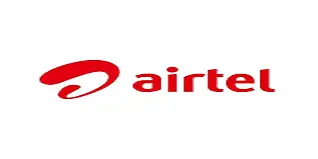
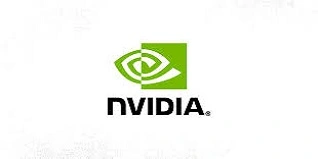
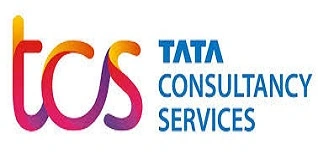

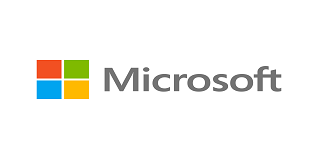
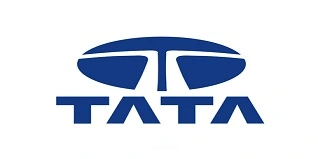

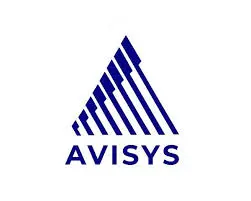
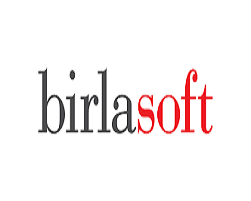
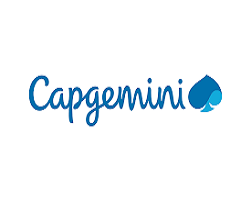
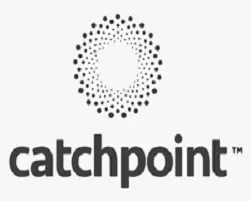
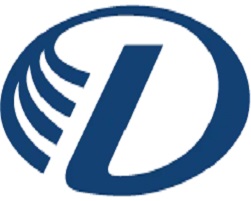
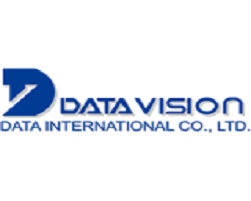
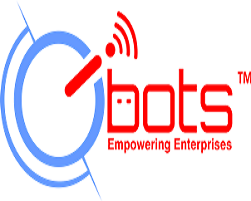
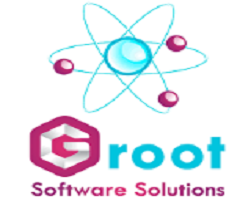
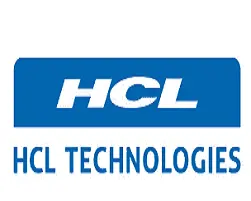
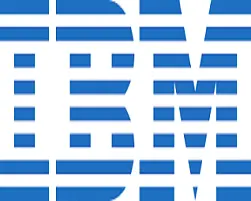
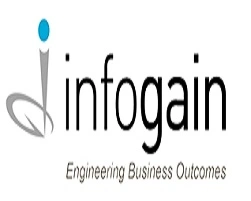
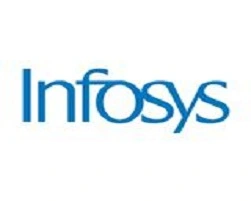
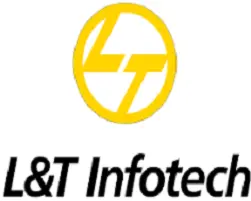
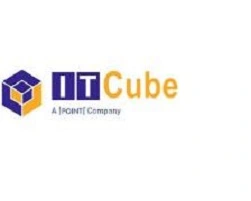
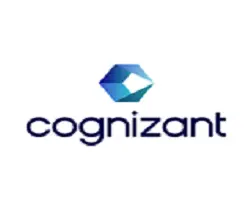
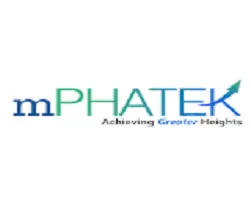
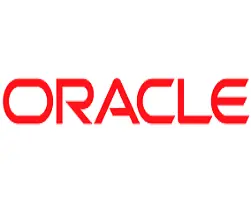

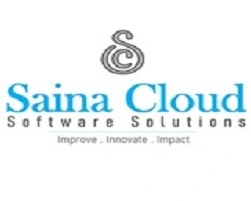



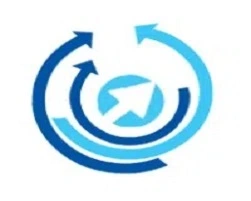
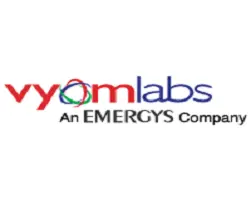
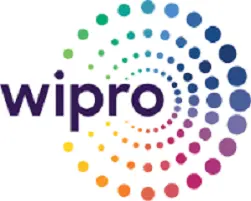
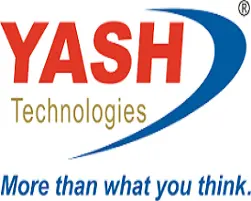
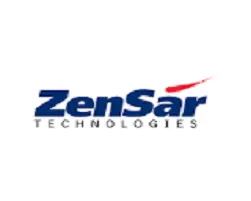
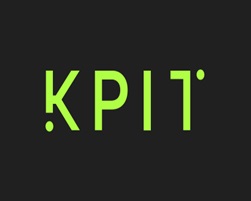
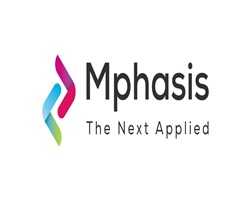
Docker and Kubernetes Certification is a professional credential that validates your knowledge and skills in using Docker for containerization and Kubernetes for container orchestration. It demonstrates your ability to deploy, manage, and troubleshoot containerized applications efficiently.
Docker and Kubernetes Certification is ideal for IT professionals, developers, system administrators, DevOps engineers, and anyone involved in the deployment and management of containerized applications. It’s especially beneficial for those looking to advance their careers in cloud computing and DevOps.
While there are no strict prerequisites, a basic understanding of Linux, networking, and cloud computing is recommended. Familiarity with containers and some experience in software development or system administration can also be helpful.
The Docker and Kubernetes Certification Course typically covers Docker basics, containerization concepts, Docker images, Docker Compose, Kubernetes architecture, pod management, services, networking, and advanced topics like persistent storage and security.
The duration of the course can vary, but it typically takes 4 to 8 weeks to complete, depending on the mode of study (full-time, part-time, or self-paced online learning).
The certification exam usually includes multiple-choice questions, practical tasks, and scenarios that test your ability to deploy and manage containerized applications using Docker and Kubernetes. It assesses both theoretical knowledge and practical skills.
Yes, many institutes, including Radical Technologies, offer the Docker and Kubernetes Certification Course online. This allows you to learn at your own pace and convenience while still gaining the necessary skills and knowledge.
Obtaining Docker and Kubernetes Certification can significantly enhance your job prospects, increase your earning potential, and validate your expertise in containerization and orchestration. It is highly regarded by employers in the tech industry.
Docker is a platform that enables the creation, deployment, and management of containers, which are lightweight, portable environments for running applications. Kubernetes, on the other hand, is an orchestration platform that automates the deployment, scaling, and management of containerized applications across clusters of servers.
Prior experience is not mandatory but highly recommended. Understanding the basics of Docker and Kubernetes will help you grasp the course content more quickly and prepare you better for the certification exam.
Docker and Kubernetes Certification can open doors to new job opportunities in cloud computing, DevOps, and IT management. It demonstrates your ability to work with modern container technologies, making you a valuable asset to employers.
The cost of the course varies depending on the institute and the mode of study (online or in-person). It typically ranges from $500 to $2000, which may include the exam fee.
Yes, most certification providers allow you to retake the exam if you do not pass on your first attempt. There may be a waiting period and an additional exam fee for retakes.
Preparation typically involves completing the certification course, practicing with hands-on labs, and reviewing the official study materials. Taking practice exams and joining study groups can also be helpful.
Radical Technologies in Bangalore is a leading institute that offers comprehensive Docker and Kubernetes Training. They provide both classroom and online courses, ensuring flexible learning options for students and professionals.
Basavanagudi | HSR Layout | Sadashivanagar | Jayanagar | Koramangala | Whitefield | Banashankari | Marathahalli | BTM Layout | Electronic City | Rajajinagar | Domlur | Indiranagar | Malleshwaram | Yelahanka | Cooke Town | Nagarbhavi | Bannerghatta Road | Chandapura | Dasarahalli | Devanahalli | Anandnagar | Avenue Road | Byatarayanapura
I had an amazing experience with this service. The team was incredibly supportive and attentive to my needs. The quality of the work exceeded my expectations. I would highly recommend this to anyone looking for reliable and professional service."
I had an amazing experience with this service. The team was incredibly supportive and attentive to my needs. The quality of the work exceeded my expectations. I would highly recommend this to anyone looking for reliable and professional service."
I had an amazing experience with this service. The team was incredibly supportive and attentive to my needs. The quality of the work exceeded my expectations. I would highly recommend this to anyone looking for reliable and professional service."
I had an amazing experience with this service. The team was incredibly supportive and attentive to my needs. The quality of the work exceeded my expectations. I would highly recommend this to anyone looking for reliable and professional service."
I had an amazing experience with this service. The team was incredibly supportive and attentive to my needs. The quality of the work exceeded my expectations. I would highly recommend this to anyone looking for reliable and professional service."
In today’s fast-paced digital landscape, containerization and orchestration have become essential skills for IT professionals. Docker and Kubernetes, two of the most powerful tools in this domain, are revolutionizing the way applications are developed, deployed, and managed. A Docker and Kubernetes Certification equips you with the knowledge and skills to harness these technologies effectively, making you a sought-after expert in the industry.
Docker is an open-source platform that enables developers to automate the deployment of applications inside lightweight, portable containers. Containers package an application and its dependencies together, ensuring consistency across multiple environments, from development to production. With Docker, you can build, ship, and run applications anywhere, reducing the time and effort required to manage software.
Kubernetes, often abbreviated as K8s, is an open-source container orchestration platform that automates the deployment, scaling, and management of containerized applications. Developed by Google, Kubernetes has become the de facto standard for managing complex, large-scale containerized environments. It allows you to ensure that your applications run smoothly, regardless of the underlying infrastructure.
The Docker and Kubernetes Certification typically involves a series of courses followed by an exam. The exam tests your knowledge and practical skills, ensuring you’re well-prepared to handle real-world scenarios. Topics covered in the exam may include:
Docker and Kubernetes have become essential tools in modern software development and IT operations, offering significant benefits in various applications. Below are some of the key areas where Docker and Kubernetes are widely applied:
1. Microservices Architecture
2. Continuous Integration and Continuous Deployment (CI/CD)
3. Cloud-Native Application Development
4. DevOps and Infrastructure as Code (IaC)
5. Big Data and Machine Learning
6. High-Availability Applications
7. Hybrid and Multi-Cloud Deployments
8. Development Environments
Radical Technologies is a premier training institute in Bangalore, renowned for offering the best Docker and Kubernetes Training. We specialize in providing comprehensive Docker and Kubernetes Certification programs, designed to equip professionals with the skills needed to excel in today’s competitive IT landscape. Our Docker and Kubernetes Certification Course is meticulously crafted to cover all aspects of Docker Kubernetes Training, making it the top choice for individuals aiming to advance their careers in containerization and orchestration.
At Radical Technologies, we pride ourselves on delivering hands-on, practical knowledge through our Docker and Kubernetes Classroom Training. Our instructors are industry experts who bring real-world experience to the classroom, ensuring that our students receive the most relevant and up-to-date education. Whether you’re new to containerization or looking to enhance your existing skills, our Kubernetes Training in Bangalore is tailored to meet your needs.
We offer a variety of learning options to suit different schedules and preferences, including Docker And Kubernetes Online Training. Our Kubernetes Online Course and Docker Training Online programs are designed to provide the same level of interaction and engagement as our in-person classes, making it easier for professionals to gain certification from anywhere in the world. For those who prefer in-person learning, our Docker And Kubernetes Training In Bangalore is the ideal choice, providing an immersive learning experience that fosters collaboration and networking.
Our Docker With Kubernetes Training is recognized as the best Kubernetes Course in Bangalore, offering a comprehensive curriculum that covers everything from basic to advanced topics. Students who complete our Docker Kubernetes Course In Bangalore are well-prepared to tackle real-world challenges and achieve the Kubernetes Docker Certification.
Radical Technologies also offers specialized programs like the Best Course For Kubernetes and the Best Kubernetes Course Online, ensuring that our students have access to the most current and relevant training available. Our Certification On Docker And Kubernetes is highly respected in the industry, making it a valuable addition to any IT professional’s credentials.
We are committed to providing the Best Docker And Kubernetes Training in Bangalore, with a focus on delivering high-quality education that leads to tangible career outcomes. Whether you’re looking to pursue a Docker Certification Course or a Kubernetes Training Online, Radical Technologies is your trusted partner in achieving professional excellence.
Join us at Radical Technologies in Bangalore and take the next step in your career with our industry-leading Docker And Kubernetes Training And Certification programs.


(Our Team will call you to discuss the Fees)

(Our Team will call you to discuss the Fees)
